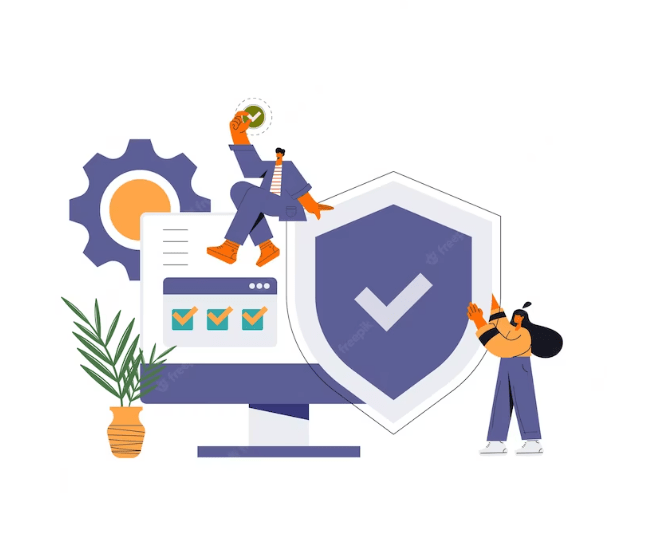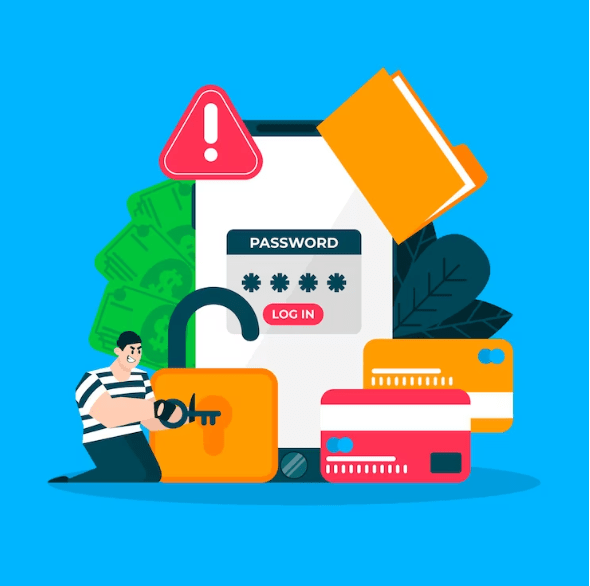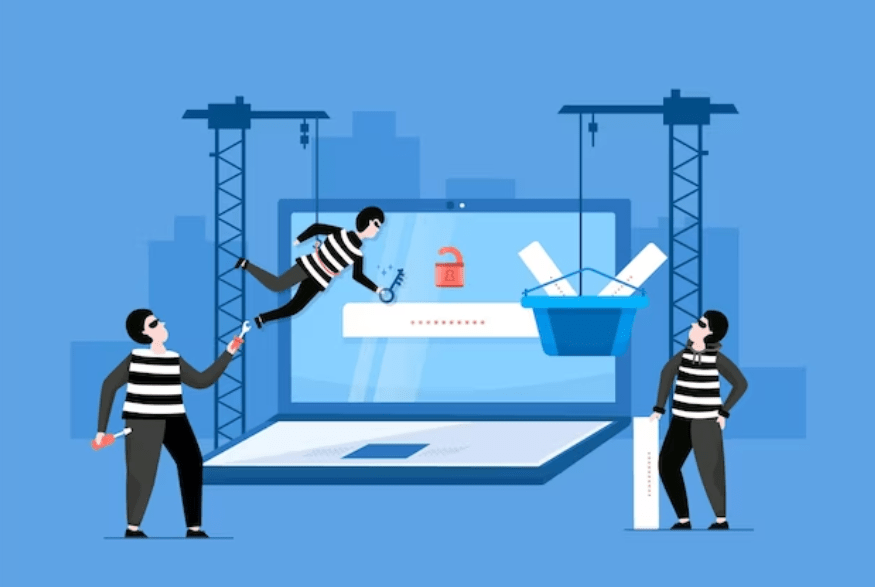
Protecting your data is of paramount importance for small businesses expanding online. In today’s digital landscape, hackers are constantly seeking valuable data, and small businesses are not exempt from their attention. Data breaches can have severe financial implications, with the average cost exceeding millions of dollars. Beyond the financial burden, a breach can also severely damage a business’s reputation, leading to customer loss and potential business closures. It is essential to understand that the size of your client base does not make your data any less valuable. From customer information to proprietary data, all types of data can be exploited by cybercriminals. By implementing robust cybersecurity measures, including strong encryption, firewalls, and regular data backups, small businesses can protect their valuable data, maintain customer trust, and ensure a secure foundation for their online expansion.
Small businesses expanding their operations online must prioritize cybersecurity to protect their valuable data. While it may seem that only major corporations are targeted by cybercriminals, the reality is that 43% of data breaches involve smaller organizations. Whether it’s customer information like social security numbers or proprietary data such as trade secrets, all types of data are potential targets for hackers. Recognizing the value of your data is crucial to taking the necessary precautions.
A cyber breach can have severe financial repercussions for a small business. The average cost of a data breach currently exceeds 4 million dollars, encompassing expenses such as notifying customers, fixing vulnerabilities, and managing the aftermath. Moreover, a data breach can tarnish your business’s reputation. Customers understand the importance of data security and may choose to take their business elsewhere if their information is compromised. As a small business, this risk can be detrimental to your growth and success.

Before transitioning to an online platform, it is crucial to educate your employees about current cybersecurity threats and scams. Lack of employee training often leads to data breaches, making this step essential. By teaching your team how to protect their systems and remain vigilant, you can significantly reduce the risk of a cyberattack in small businesses.
Phishing emails and malware are two of the most dangerous scams small businesses face. Phishing involves impersonating an authority figure or vendor to trick employees into clicking malicious links or opening attachments. Ransomware, on the other hand, locks down a system until a hefty fee is paid. To prevent these scams, employees should be trained to identify suspicious emails and report them to management. Additionally, using strong passwords with a combination of letters, numbers, and special characters is crucial to thwarting hackers’ attempts to infiltrate your systems.

Taking action to protect your small business involves collaborating with your IT team. Ensure they have implemented robust measures, such as an updated firewall and encryption, to safeguard your data from unauthorized access. By encrypting your data, even if hackers manage to steal it, they won’t be able to make use of it.
To defend against viruses and malware, it is imperative to have an updated antivirus program in place. Regularly scanning your systems multiple times per week can quickly detect and eliminate potential threats before they cause significant damage. Keep your antivirus software up to date to stay protected against the latest cyber threats.
Backing up your data daily to an external server separate from your main system is vital. In the event of a breach, having an independent backup ensures that hackers cannot access or manipulate your data. While cloud computing is an option, it’s crucial not to rely solely on another company for data protection. Maintaining vigilance and implementing additional security measures on your end is essential to safeguarding your data.

Before transitioning online, it is crucial to prioritize cybersecurity to protect your data effectively. Recognize the value of your data and the potential consequences of a breach. This awareness will drive you to take the necessary steps to secure your information and minimize risks.
Investing in employee education on cybersecurity risks is vital. By teaching them how to identify and respond to scams effectively, you empower your team to be an essential line of defense against cyber threats. Include cybersecurity training as part of employee orientation and ensure they sign off on the knowledge gained, holding them accountable for maintaining cybersecurity practices throughout their employment.
Collaborate closely with your IT team to implement robust protections. This includes maintaining a strong and updated firewall, employing encryption techniques, and deploying reliable antivirus software. Regularly updating your antivirus program will ensure that you’re equipped to tackle emerging threats effectively.
Implement a rigorous data backup strategy by backing up your data daily to an external server separate from your main system. This ensures that even in the event of a breach, you have a secure copy of your data that cannot be accessed by hackers. While cloud computing is an option, remember to maintain a level of vigilance and not rely solely on external providers.

Before expanding online, it is vital to understand the significance of cybersecurity in safeguarding your business’s future. Acknowledge that your data, regardless of the size of your client base, holds value to cybercriminals. Embrace the responsibility of protecting your data and the trust your customers place in you.
Educating your team about cyber threats and fostering a culture of security awareness are proactive steps toward mitigating risks. By instilling a sense of responsibility and knowledge, you empower your employees to be active participants in safeguarding your small business from cyberattacks.
Cybersecurity is an ongoing effort that requires continuous vigilance. Stay informed about the evolving threat landscape and adapt your security measures accordingly. Regularly assess and update your cybersecurity practices to stay one step ahead of potential threats.
Transitioning your small business to the online space presents exciting opportunities for growth. However, it also exposes you to cybersecurity threats that can have dire consequences if not adequately addressed. By prioritizing data protection, educating your team, and implementing robust cybersecurity measures, you can confidently expand your business while safeguarding your data and maintaining the trust of your customers. Stay vigilant, adapt to emerging threats, and continuously strengthen your cybersecurity measures to ensure a secure online presence.
© Copyright Security Skool. All rights reserved| Designed By Clickedge Solutions Pvt. Ltd.
WhatsApp us